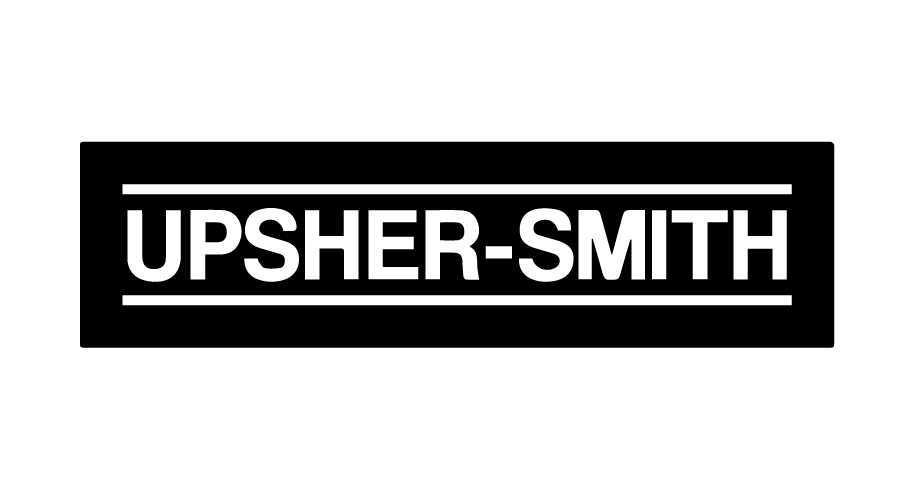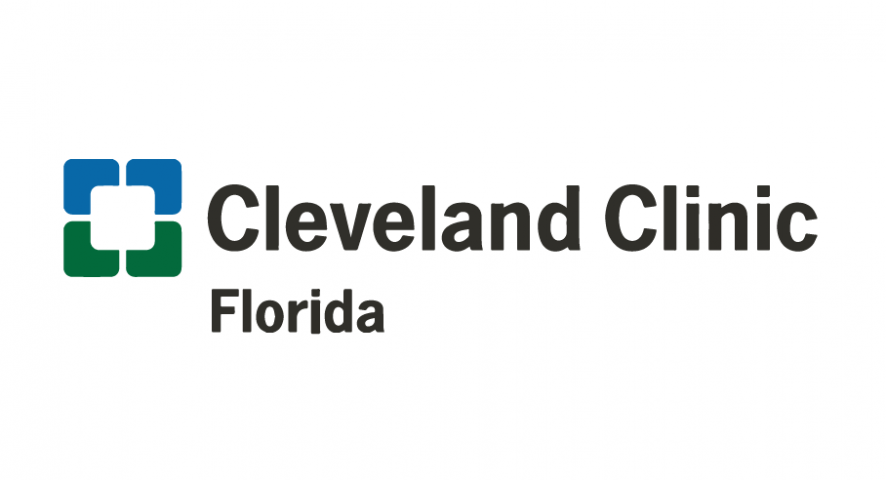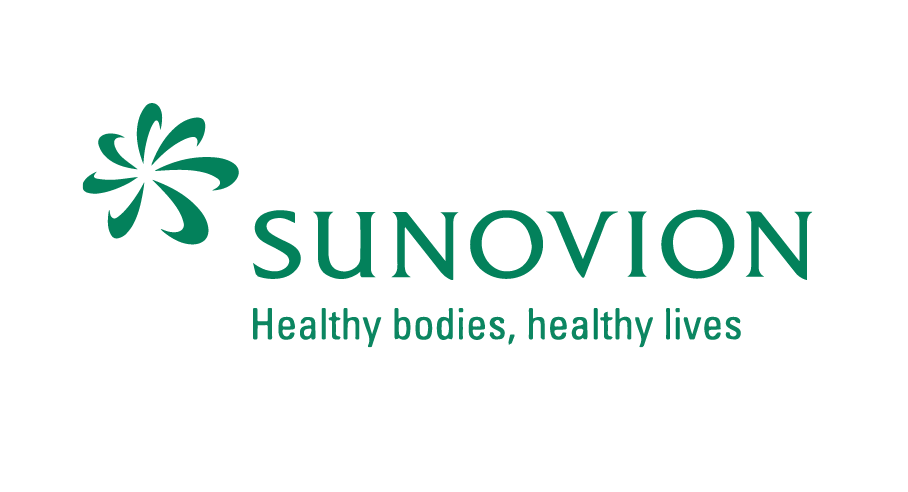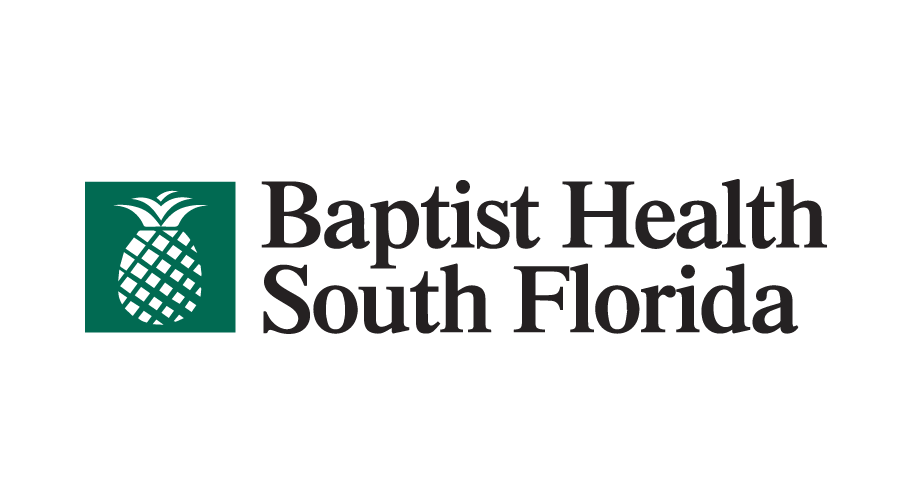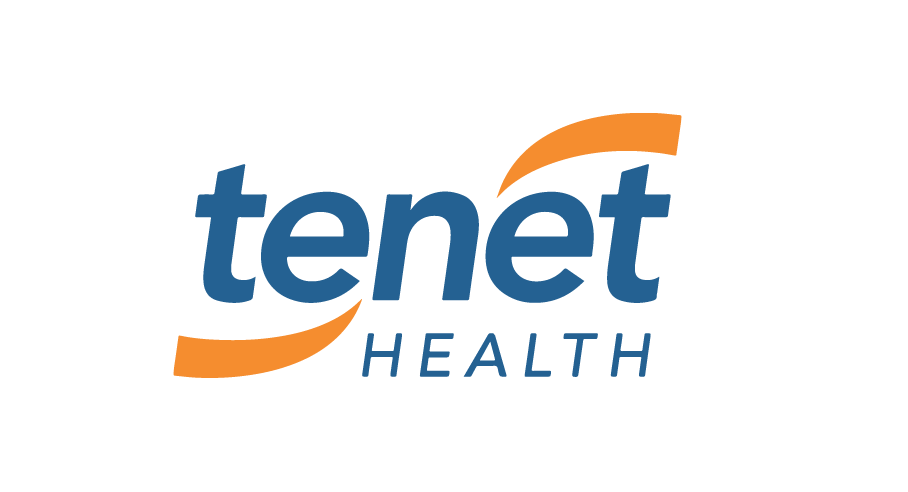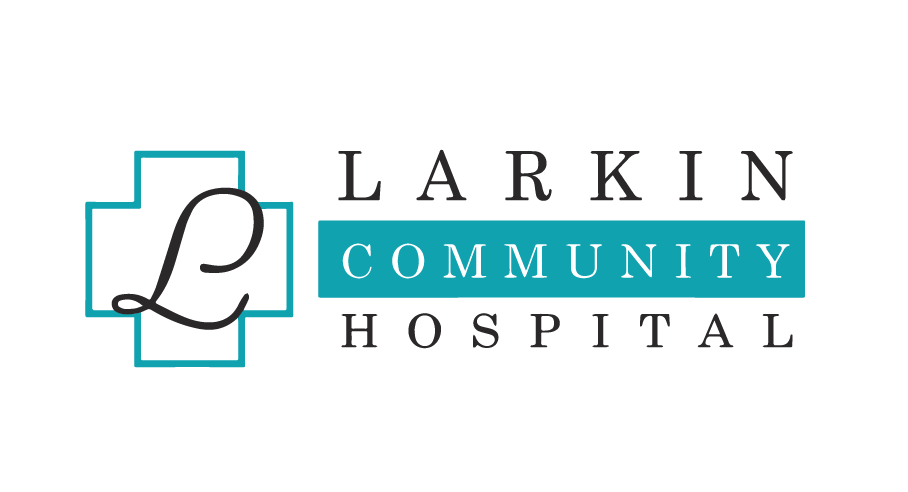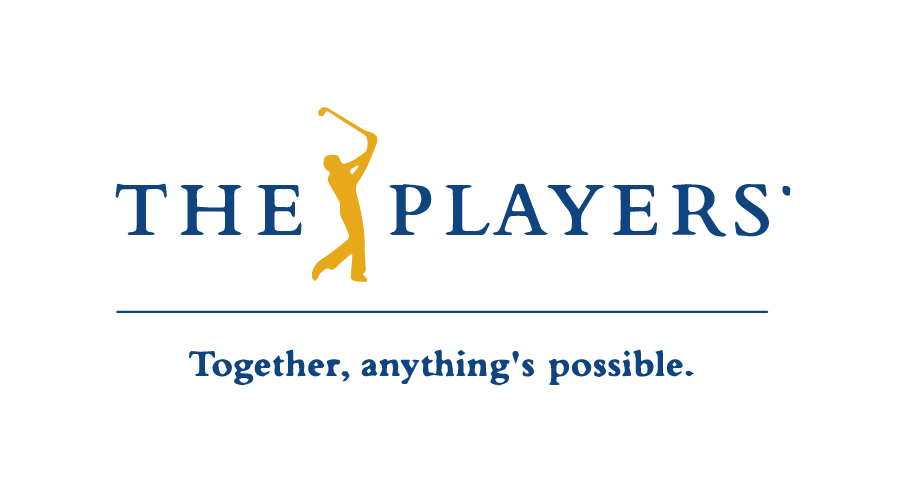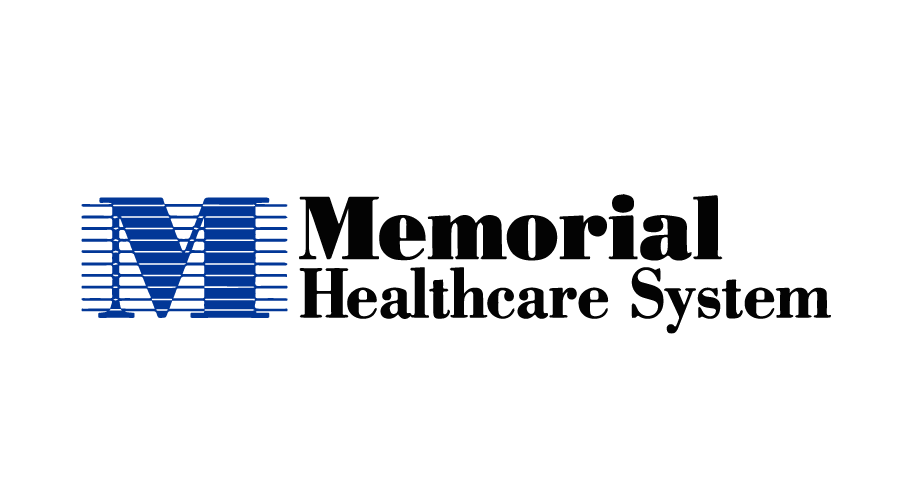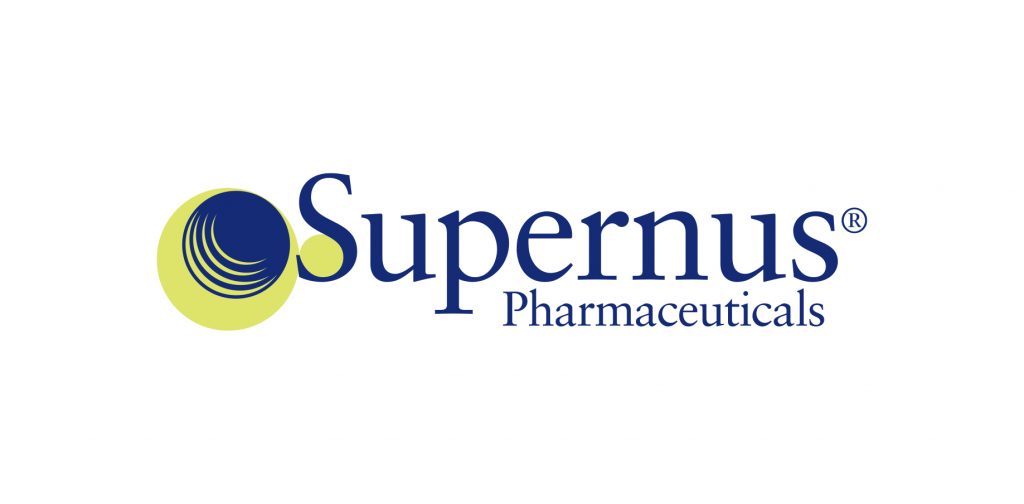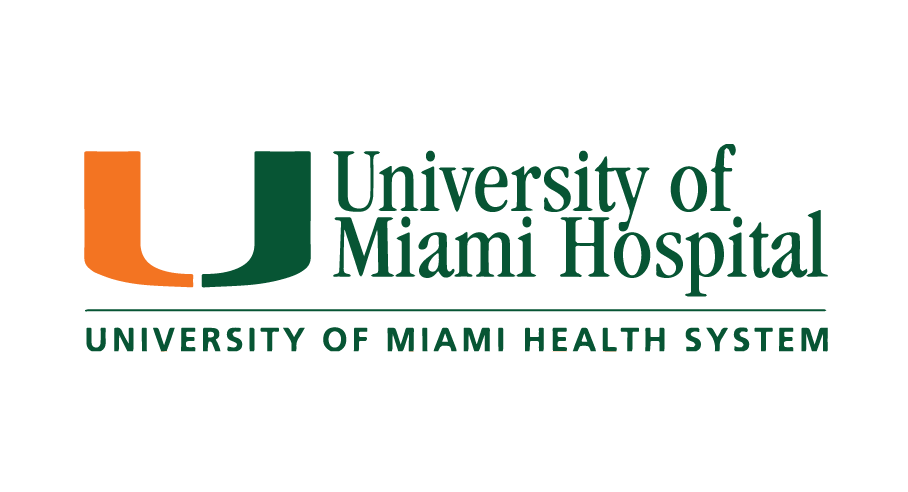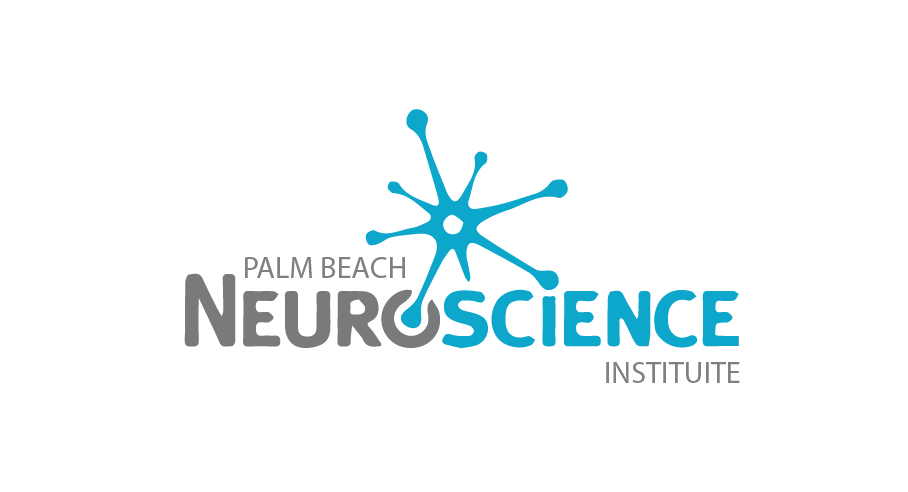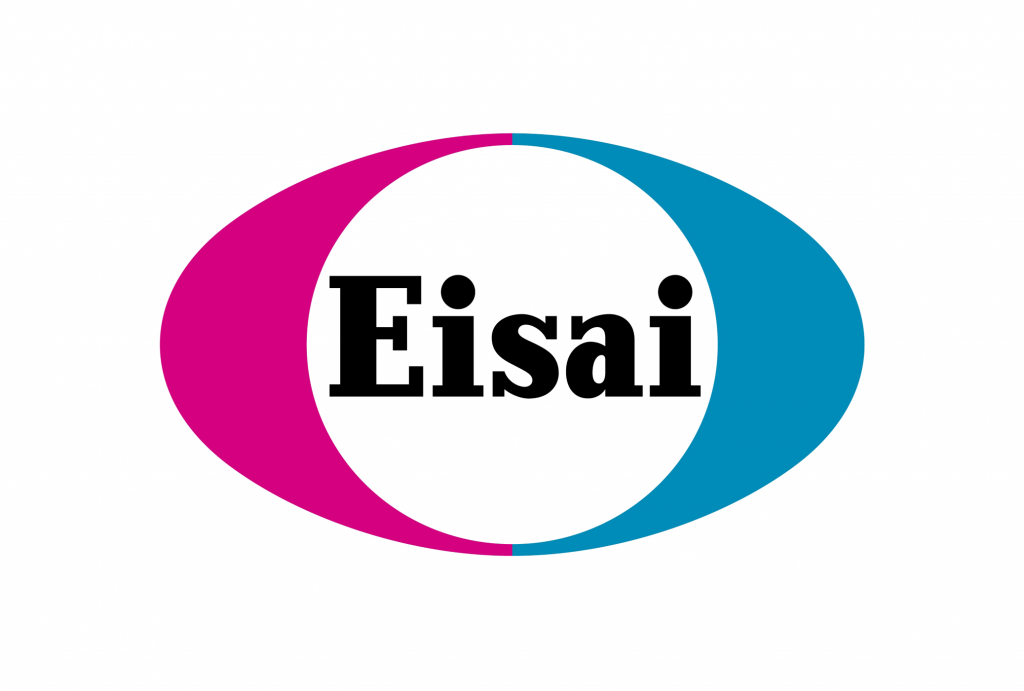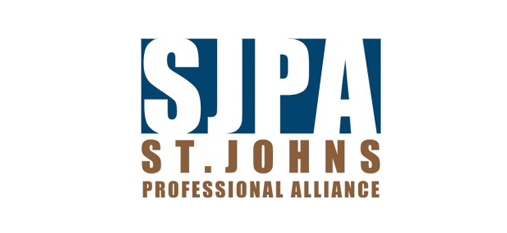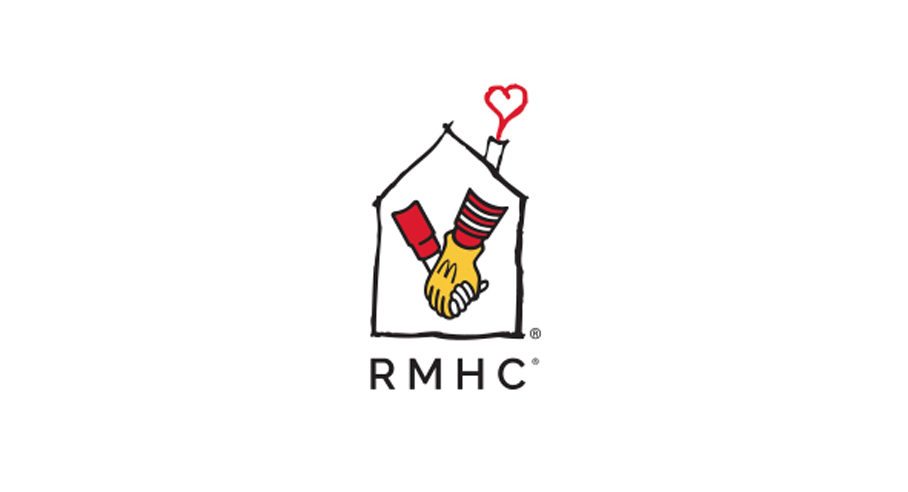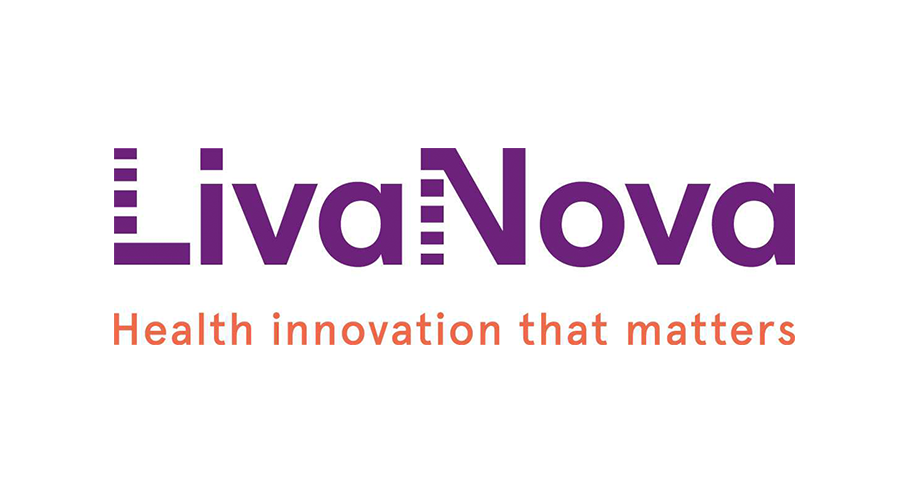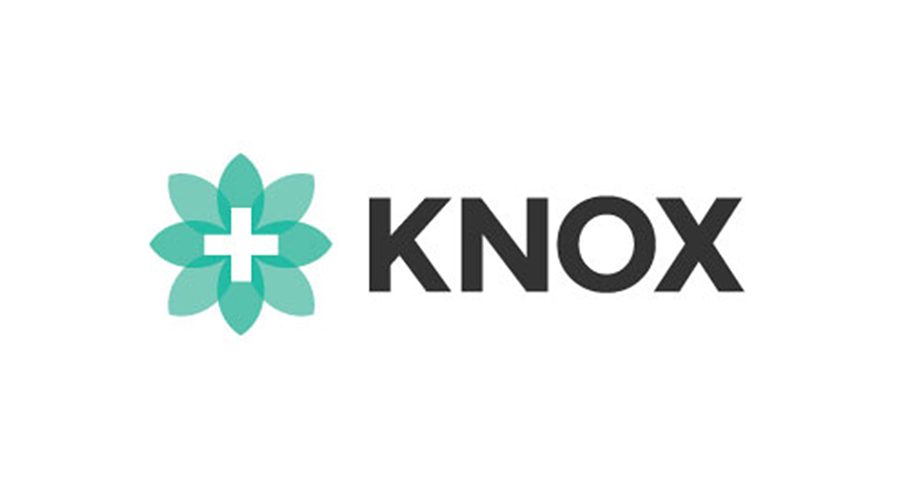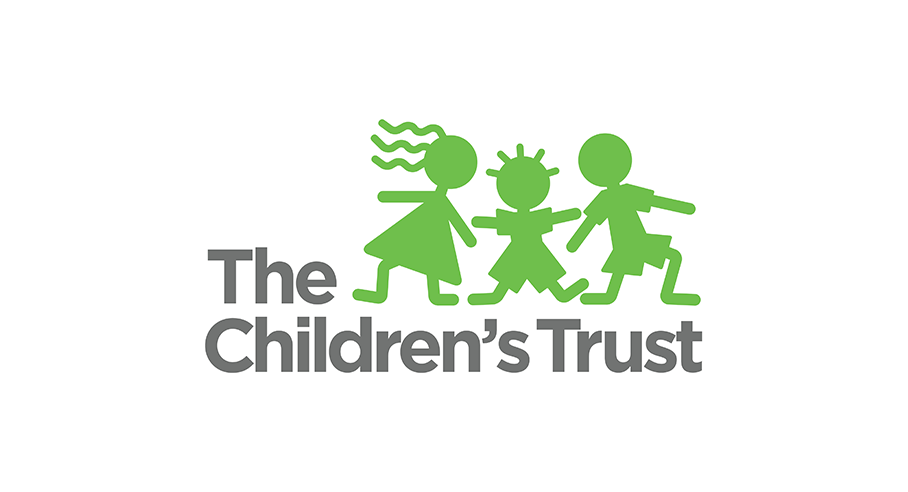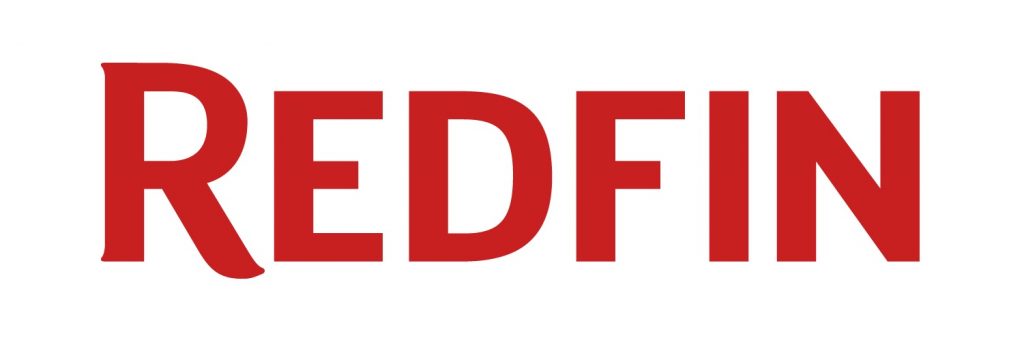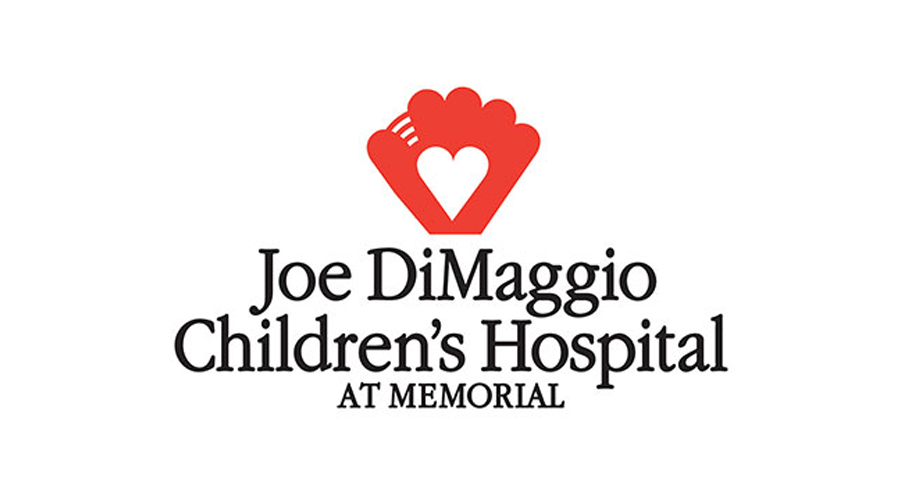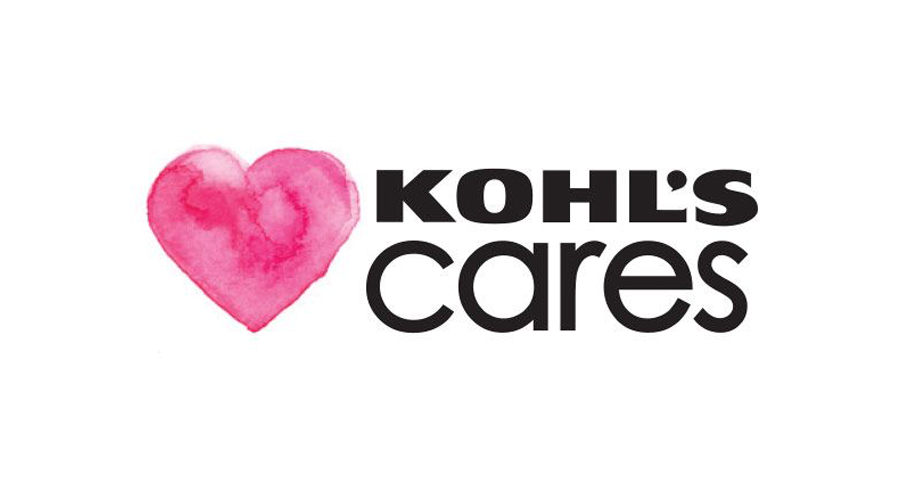Oral health is essential to overall health. To protect your oral health, practice good oral
hygiene daily.
- Brush your teeth at least twice a day with a soft-bristled brush using fluoride toothpaste.
- Floss daily.
- Use mouthwash to remove food particles left after brushing and flossing.
- Eat a healthy diet and limit food with added sugars.
- Replace your toothbrush every three months or sooner if bristles are splayed or worn.
- Schedule regular dental checkups and cleanings.
- Avoid tobacco use
Dental health should be of concern to everyone, and of particular importance to those
with epilepsy. Both seizures and anti-seizure medication can render devastating effects
to the oral health of a person with epilepsy.
These negative effects include:
- Chipped and broken teeth
- Irritated gums
- Gingival Hypertrophy (over grown gums)
- Periodontal Disease
- Bleeding gums
- Dry mouth
In addition to the daily oral health hygiene recommendations, people with epilepsy
should take the following precautions regarding the dental care:
- Make sure you tell your dentist about your epilepsy, seizure type, frequency and triggers. Be open about any fears and anxieties you may have.
- Tell a dental team member if you experience an aura
- Take anti-seizure medication a few hours prior to your appointment
- When possible, visit the dentist accompanied by someone you trust
- Unfortunately the unpredictable nature of seizure can sometimes make them hard to prevent, so it’s important to have a plan in place. Be sure your dentist is aware of what to do so that they can react as quickly and calmly as possible in case of an emergency. A written plan should be in your file.
- If you fall during a seizure and damage your teeth, arrange an emergency appointment with your dentist as soon as possible.
While the subject of dental health should concern everyone, it is of particular importance to those with epilepsy. Both seizures and anti seizure medications can render devastating effects to the oral health of a person with epilepsy.
These negative effects include:
– Chipped and broken teeth
– Irritated gums
– Gingival Hypertrophy (over grown gums)
– Periodontal Disease
– Bleeding gums
– Xerostomia (dry mouth)
– Susceptibility to oral infections such as canker sores and lesions
– Postoperative bleeding
To help prevent dental issues from occurring, it is recommended that people who suffer from seizures follow a suitable dental care program worked out with a dentist. This program should include:
– Seeing a dentist every 6 months for a routine check up and cleaning
– Regular brushing and flossing
– Make your dentist aware of the type of medication prescribed, including dosage levels and any side effects that you may have experienced
– In case of a dental emergency due to a fall, seek medical assistance immediately
To help ensure a safe and effective dental visit, here are some recommended tips for people who suffer from epilepsy and seizures:
– Take anti-seizure medication a few hours prior to your appointment
– Inform your dentist of your complete medical history, including seizure history
– Tell a dental team member if you experience an aura
– Visit the dentist accompanied by someone you trust


